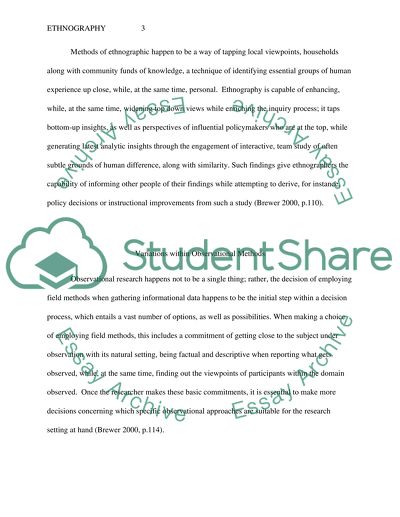Cite this document
(“Ethnography Essay Example | Topics and Well Written Essays - 2750 words”, n.d.)
Retrieved from https://studentshare.org/history/1399803-ethnography
Retrieved from https://studentshare.org/history/1399803-ethnography
(Ethnography Essay Example | Topics and Well Written Essays - 2750 Words)
https://studentshare.org/history/1399803-ethnography.
https://studentshare.org/history/1399803-ethnography.
“Ethnography Essay Example | Topics and Well Written Essays - 2750 Words”, n.d. https://studentshare.org/history/1399803-ethnography.


